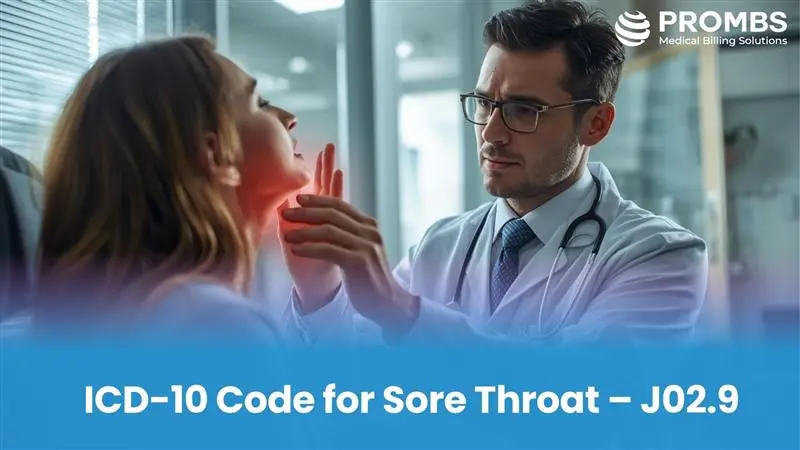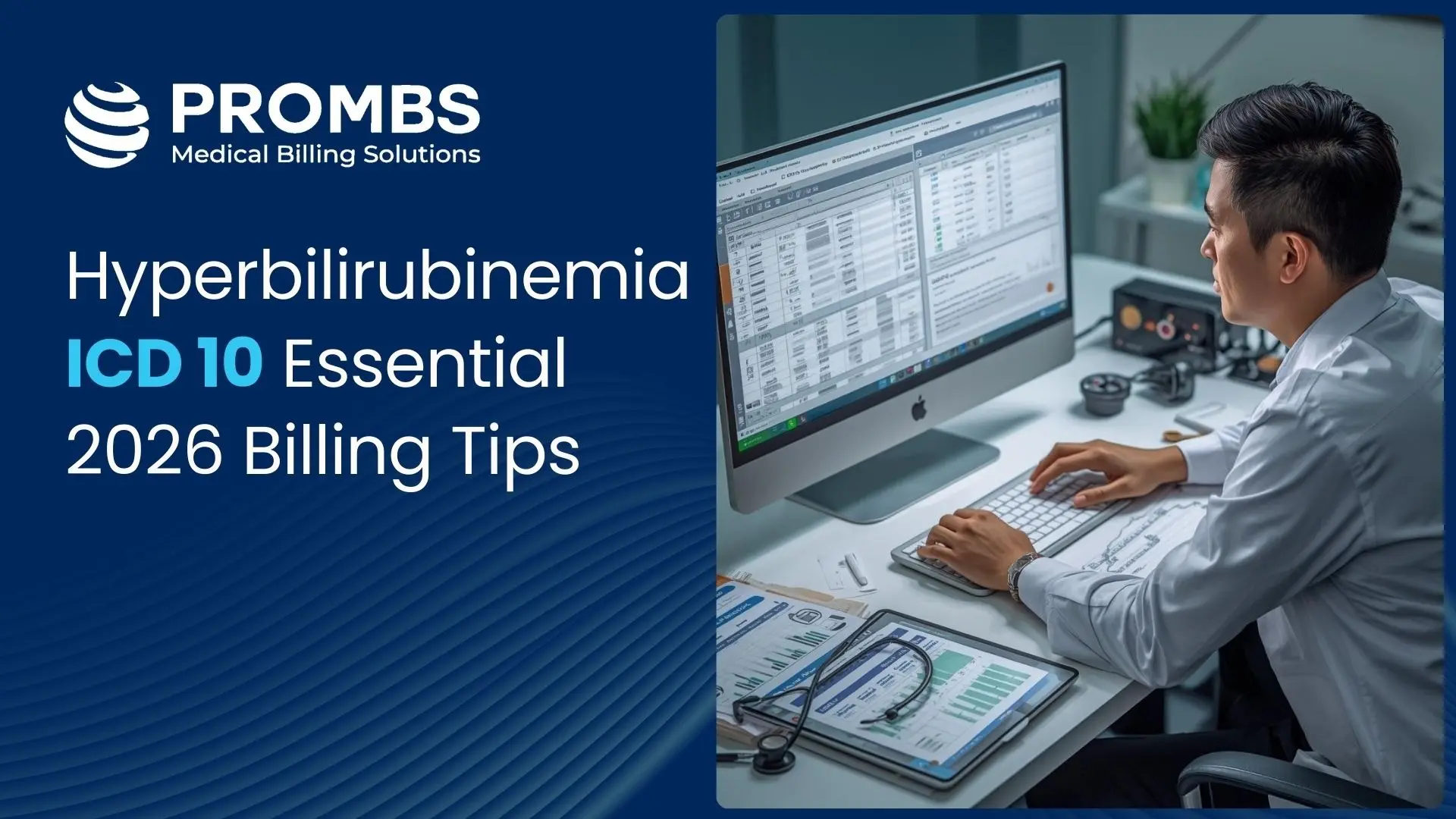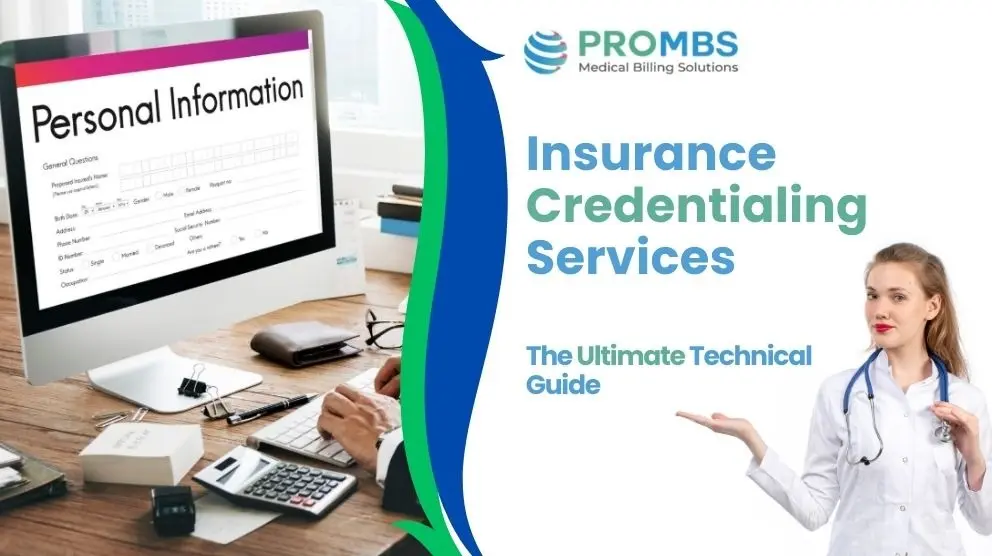A sore throat is one of the most common reasons for outpatient visits, yet it is also one of the most frequently miscoded diagnoses. While clinically it may seem minor, sore throat encounters often drive antibiotic prescriptions, rapid strep tests, and follow-up visits. For coders, assigning the correct icd 10 code for sore throat ensures that these services are reimbursed properly and claims avoid unnecessary denials.A sore throat, medically referred to as pharyngitis, is defined as pain, scratchiness, or irritation in the throat that often worsens when swallowing. According to the National Institutes of Health (NIH), sore throat is among the top ten reasons patients visit primary care providers worldwide. While it may appear clinically minor, its billing significance is much greater.
The Centers for Disease Control and Prevention (CDC) highlights sore throat as a symptom often associated with acute pharyngitis, tonsillitis, or upper respiratory infections. Accurate ICD-10 coding not only informs treatment but also feeds into national data sets used for public health tracking. In practice, a sore throat encounter can lead to the following.
Rapid diagnostic testing (such as rapid strep A test CPT 87880)
Lab cultures (CPT 87070)
Prescription management (antibiotics, antivirals, or steroids)
Follow-up visits when symptoms persist or complications arise
For coders, using the correct icd 10 code for sore throat (J02.9) ensures that these services are properly linked to a diagnosis. When documentation is vague (e.g., simply “sore throat” with no supporting notes), payers may deny claims due to insufficient medical necessity, as noted by the Centers for Medicare & Medicaid Services (CMS).
Did You Know? The World Health Organization (WHO) reports that respiratory illnesses, including sore throats, account for nearly 25% of all outpatient consultations worldwide. Yet improper coding of upper respiratory infections remains one of the top contributors to claim denials.
Why Sore Throat Matters in Billing
Even though sore throat is a common symptom, the journey from clinical presentation → coding → billing → reimbursement has multiple steps where errors can occur. Each step must be documented correctly to avoid denials.
| Step | Process in Clinical/Billing Flow | Coding & Billing Consideration | Impact on Reimbursement |
|---|---|---|---|
| Patient Visit | Patient presents with throat pain, difficulty swallowing, fever, or hoarseness. | Provider must document detailed symptoms. | Forms the basis for ICD-10 coding (J02.9, J02.0, etc.). |
| Provider Documentation | Notes include exam findings, tests ordered (rapid strep, culture), and suspected cause. | Specificity matters, unclear notes force coders to use J02.9 unspecified. | Vague notes increase denial risk. |
| ICD-10 Code Assignment | Coder reviews documentation and assigns diagnosis code. | If strep confirmed → J02.0; viral suspected → J02.8; unspecified → J02.9. | Accurate ICD-10 code ensures medical necessity is met. |
| CPT Code Assignment | CPT codes assigned for services (tests, cultures, evaluation). | Examples: CPT 87880 for strep test, 87070 for throat culture, 99213–99215 for E/M visit. | CPT–ICD pairing is checked by payers before reimbursement. |
| Claim Submission | ICD-10 and CPT codes linked together on CMS-1500 form. | Errors (like strep test billed without J02.0/J02.9) trigger denials. | Clean linkage speeds up payment. |
| Payer Review | Insurer reviews codes, documentation, and medical necessity. | CMS and private payers flag overuse of unspecified codes. | Correct pairing = approval; vague coding = denial or delay. |
| Reimbursement | Approved claim reimbursed according to contract. | Accurate coding ensures maximum reimbursement without audit risk. | Denials create resubmission burden and lost revenue. |
Understanding the ICD-10 Code for Sore Throat
The icd 10 code for sore throat is J02.9 (Acute pharyngitis, unspecified), used when the patient presents with sore throat symptoms but the clinician does not specify viral, bacterial, or other causes. This aligns with the official diagnosis descriptions in the CDC’s ICD-10-CM browser, which also provides guidance on when more specific codes (like J02.0 for streptococcal or J02.8 for other specified organisms) should be used if the etiology is confirmed.
| ICD-10 Code | Description | Common CPT Codes | When to Use Together |
|---|---|---|---|
| J02.9 | Use acute pharyngitis, unspecified when the sore throat is documented without a confirmed cause, exactly as the code is defined in the CDC’s ICD-10-CM browser entry for J02.9. | 99213–99215 (E/M), 87880 (rapid strep), 87070 (throat culture) | Pair these services only when no etiology is established in the note, which matches the wording in the CDC’s J02.9 description. |
| J02.0 | Report streptococcal pharyngitis when strep is confirmed by testing, aligning with the definition in the CDC’s J02.0 listing. | 87880 (rapid strep), 87070 (culture), 99213–99215 (visit) | Use together only after positive lab or rapid antigen results, which is consistent with the CDC’s J02.0 code text. |
| J02.8 | Select acute pharyngitis due to other specified organisms (e.g., viral) when the organism is identified, matching the description in the CDC’s J02.8 entry. | 99213–99215 (E/M), 87651 (respiratory panel), 87804 (influenza antigen) | Link to testing and E/M when the provider documents a viral or other specified organism, as contemplated by the CDC’s J02.8 wording. |
| J03.x | Use the acute tonsillitis family when the sore throat is tonsillitis rather than generic pharyngitis, following the scope shown in the CDC’s J03 chapter index. | 99213–99215 (E/M), 87070 (culture), 96372 (therapeutic injection) | Apply when tonsillar involvement is documented in the impression, which aligns with the CDC’s J03 series rather than the J02 pharyngitis codes. |
Why This Matters
The American Medical Association (AMA) emphasizes that CPT services must always be justified by a documented ICD-10 diagnosis. If a strep test (87880) is billed without linking it to J02.0 or J02.9, the claim is at high risk of denial from the Centers for Medicare & Medicaid Services (CMS).
ICD-10 Sore Throat Codes Paired with Common CPTs
One of the most important steps in billing for sore throat encounters is linking the correct diagnosis code (ICD-10) with the appropriate service code (CPT). While the ICD-10 code explains why the patient is being treated, the CPT code explains what was done during the encounter. Payers, including the Centers for Medicare & Medicaid Services (CMS), evaluate these pairings closely to determine whether services were medically necessary and reimbursable.
For example, a rapid strep test (CPT 87880) must be supported by a sore throat diagnosis (J02.9 unspecified or J02.0 strep confirmed). If the diagnosis and service don’t align, the claim may be denied. The American Medical Association (AMA) underscores that precise coding not only prevents denials but also strengthens audit defense in high-volume conditions like sore throat.
| Claim Field | Example Entry | Explanation |
|---|---|---|
| ICD-10 Code (Diagnosis) | J02.9 – Acute pharyngitis, unspecified | Provider documents “sore throat,” etiology not confirmed |
| CPT Code (Procedure) | 87880 – Rapid strep A test | Test ordered due to sore throat presentation |
| Linkage (Diagnosis Pointer) | ICD-10 J02.9 linked to CPT 87880 | Shows payer that the test is medically necessary for the symptom |
| E/M Code | 99213 – Established patient, outpatient visit | Office visit with exam and sore throat assessment |
| Provider Notes | “Patient presents with sore throat, no cough, rapid strep performed.” | Documentation supports ICD-10 + CPT linkage |
| Claim Outcome | Accepted, reimbursed without denial | Because diagnosis and service codes align with payer policy |
Which ICD-10 Chapter Includes Sore Throat?
The icd 10 code for sore throat (J02.9) is classified under Chapter 10: Diseases of the Respiratory System (J00–J99) in ICD-10-CM. This chapter covers conditions affecting the upper and lower respiratory tracts, including the nose, throat, larynx, bronchi, and lungs.
The Centers for Disease Control and Prevention (CDC) explains that Chapter 10 is designed to group together conditions such as pharyngitis, tonsillitis, influenza, bronchitis, pneumonia, and chronic respiratory diseases. For sore throat, this means J02 codes fall in the acute upper respiratory section, which also includes diagnoses like acute sinusitis and acute tonsillitis.
The World Health Organization (WHO) emphasizes that chapter-based grouping not only supports clinical research but also ensures consistent billing and reimbursement across countries, since respiratory infections are among the top global causes of morbidity.
| ICD-10 Chapter | Code Range | Examples | Relevance to Sore Throat |
|---|---|---|---|
| Chapter 10: Diseases of the Respiratory System | J00–J99 | J00 (Common cold), J01 (Acute sinusitis), J02 (Pharyngitis), J03 (Tonsillitis), J12–J18 (Pneumonia) | Sore throat (J02.9) sits under acute pharyngitis, highlighting its role as an upper respiratory condition. |
Compliance Insight
The Centers for Medicare & Medicaid Services (CMS) and Government Accountability Office (GAO) both report that respiratory illness codes are frequently linked to improper payments, especially when providers default to unspecified codes like J02.9. For billing teams, this underscores the need to document whether a sore throat is viral, bacterial, or unspecified, as this determines whether to use J02.0, J02.8, or J02.9.
Did You Know? According to the CDC, strep throat accounts for only 20–30% of sore throats in children and 5–15% in adults, yet unspecified coding (J02.9) is used far more often, increasing denial and audit risks.
How Is Sore Throat Typically Treated and Why Does It Matter for Coding?
The National Institute of Allergy and Infectious Diseases (NIAID) explains that most sore throats are viral and do not require antibiotics, though bacterial infections like strep need targeted therapy. From a billing standpoint, documenting etiology when possible allows coders to assign J02.0 (strep) or J02.8 (other specified) instead of defaulting to J02.9.
| Treatment | Clinical Scenario | Coding Impact |
|---|---|---|
| Symptomatic relief (fluids, rest, NSAIDs) | Viral sore throat, no specific organism identified | J02.9 (unspecified) |
| Antibiotic therapy | Lab-confirmed streptococcal pharyngitis | J02.0 |
| Steroids / throat sprays | Severe inflammation without specific etiology | J02.9 |
Did You Know? A CDC report shows that only 20–30% of sore throats in children and 5–15% in adults are caused by strep, yet antibiotics are prescribed far more frequently highlighting the need for precise documentation and coding.
How Should Documentation Be Structured to Avoid Denials for J02.9?
Even though the icd 10 code for sore throat (J02.9) is valid, payers like the Centers for Medicare & Medicaid Services (CMS) flag it as high-risk because it is unspecified. Claims are often denied when the provider’s notes fail to justify medical necessity for the associated CPT codes (e.g., strep test 87880, office visit 99213).
To prevent denials, documentation must be detailed, structured, and linked directly to the services billed. A note that simply says “sore throat” is insufficient. Instead, it should describe the onset, severity, associated signs, tests performed, and treatment decisions.
Coders often face denials when providers document only “sore throat” without further detail. The CMS medical review division outlines best practices.
| Documentation Factor | Requirement | Impact on Coding & Billing |
|---|---|---|
| Symptom Detail | Record pain characteristics (scratchy, raw, worsens on swallowing), onset (sudden/gradual), duration | Supports J02.9 when etiology not confirmed |
| Associated Findings | Note fever, swollen lymph nodes, tonsillar swelling, hoarseness | Helps distinguish between J02.9, J02.0 (strep), or J03.x (tonsillitis) |
| Tests Performed | Document rapid strep (87880), cultures (87070), or viral panel (87651) | Links ICD-10 diagnosis to CPT services, justifying medical necessity |
| Treatment Provided | Note whether antibiotics, antivirals, or symptomatic care were prescribed | Justifies CPT E/M codes and therapeutic interventions |
| Follow-Up Plan | Indicate if recheck visit needed for worsening or unresolved symptoms | Shows medical decision-making complexity (E/M justification) |
Did You Know? The Office of Inspector General (OIG) found that respiratory illness claims with unspecified ICD-10 codes were 2x more likely to be denied or audited compared to those with specific bacterial or viral coding. Properly structured notes directly reduce this risk.
How Does Technology Help Prevent Sore Throat Coding Errors?
Even though sore throat seems like a simple diagnosis, coding errors are common. Providers often document only “sore throat” without specifying whether it’s viral, bacterial, or unspecified. This forces coders to assign J02.9 (acute pharyngitis, unspecified), which is valid but high risk. Overuse of J02.9 can trigger denials, since payers like the Centers for Medicare & Medicaid Services (CMS) expect more specificity whenever lab tests or cultures are ordered.
Technology now plays a key role in bridging the gap between provider documentation and billing accuracy. Advanced tools built into electronic health records (EHRs) and claim scrubbers can flag vague documentation, suggest more specific ICD-10 codes, and prevent mismatched CPT–ICD pairings.
| Technology Tool | How It Works | Impact on Sore Throat Coding |
|---|---|---|
| EHRs with Smart Prompts | Remind providers to record symptom details and test results before closing encounter | Ensures coders can assign J02.0 (strep confirmed) or J02.8 (viral), instead of defaulting to J02.9 |
| Predictive Analytics | Uses past denial patterns to flag high-risk claims | Identifies overuse of J02.9 and warns billing teams before submission |
| Natural Language Processing (NLP) | Reads provider notes for keywords like “strep positive” or “viral URI” | Suggests more specific ICD-10 automatically |
| Claim Scrubbers | Pre-submission check of ICD-10 ↔ CPT linkage | Prevents mismatches like billing CPT 87880 (strep test) without J02.0/J02.9 |
| Audit Software | Tracks compliance against payer guidelines and denial trends | Reduces risk of audit findings tied to unspecified sore throat codes |
Why Should Providers Partner with PROMBS?
At PROMBS, we specialize in making sure even “simple” diagnoses like sore throat are coded and billed with precision. Many denials occur in common conditions because documentation is too vague or unspecified. By partnering with PROMBS, providers ensure that their coding for sore throat encounters is accurate, compliant, and financially optimized. With expertise in ICD-10 and CPT integration, PROMBS reduces denial risks and helps practices focus on patient care rather than claim resubmissions.



